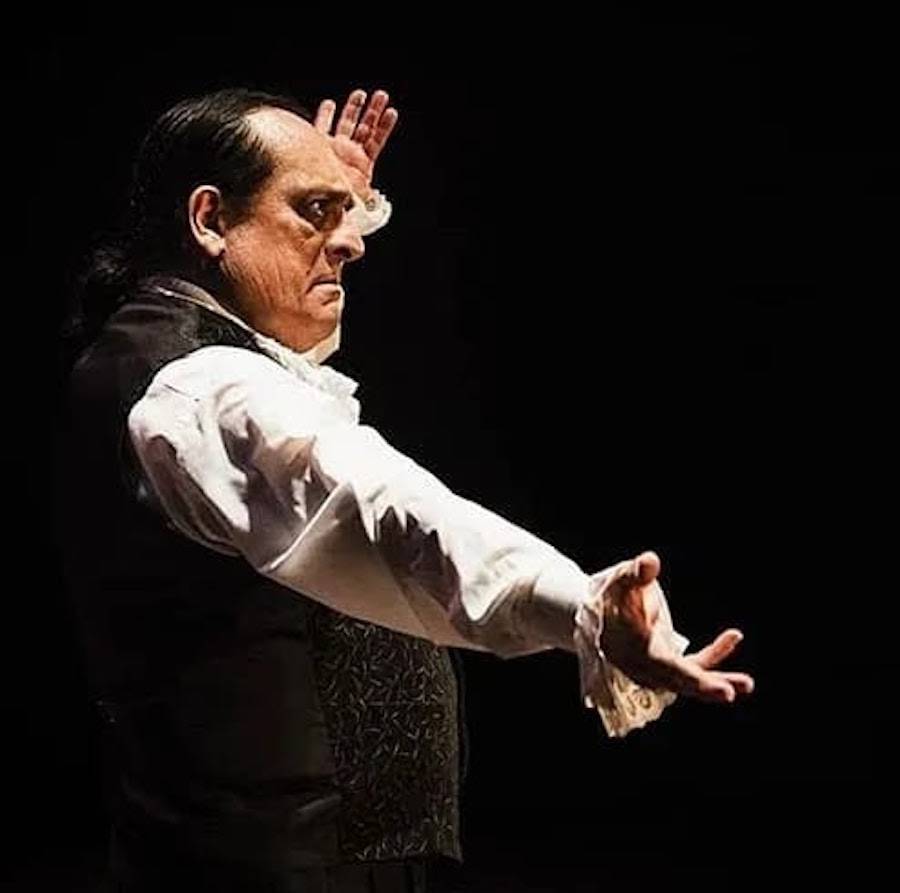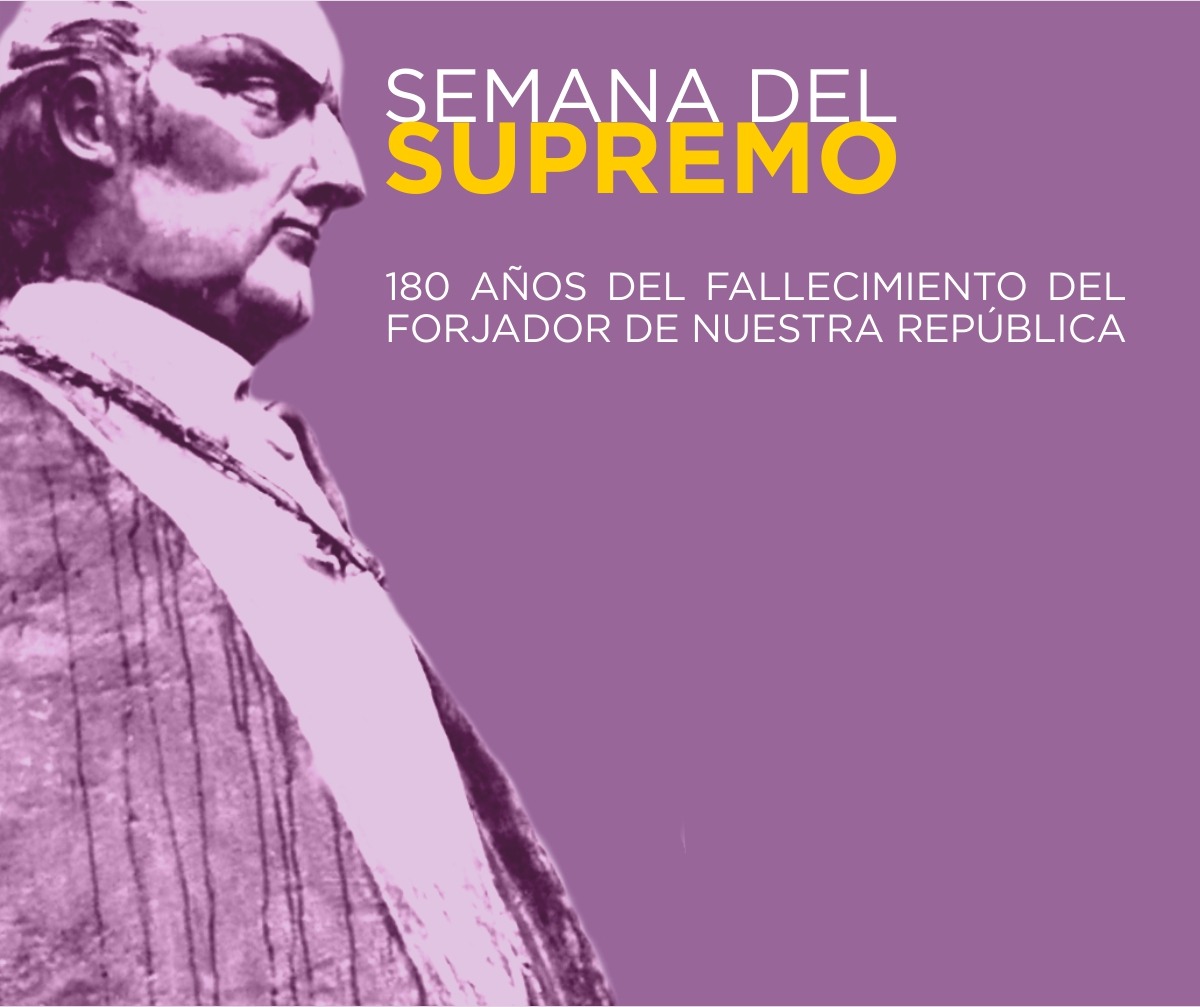RIO DE JANEIRO, BRAZIL – Cruel tyrant or benefactor of the people and father of the Paraguayan nation. These are the contrasting labels that have enveloped José Gaspar Rodríguez de Francia (1766-1840), the “Supremo” in Paraguayan writer Augusto Roa Bastos’ 1974 novel “Yo el Supremo”. Rodrigues is now remembered in Asunción 181 years after his death.
The “Week of the Supremo”, which started this Monday in the cultural center Manzana de la Rivera, seeks to approach the “perpetual dictator” of Paraguay through lectures and cultural events, with its lights and shadows.
Read also: Check out our coverage on Paraguay
The journalist and writer Roberto Paredes, promoter of the conference, favors the former leader in his defense of Paraguay’s sovereignty and social achievements.

He begins by placing his designation as “perpetual dictator”, preceded by that of “supreme dictator” in 1814, in the proper context.
This was three years after he took part in the bloodless uprising that ended the Spanish period and paved independence.
Paredes explained that both designations fell to him in the Congresses convened to define the form of government. They were also a common title in regional heroes such as Juan Manuel de Rosas, between 1835 and 1852, the prominent leader of the Argentine Confederation.
“The dictator was a title used by many governors in the region, Rosas, however, was more the supreme ‘director’, it is the same, the institution is the same, of Roman origin, which was applied throughout the region, although later it was used in a pejorative sense,” he told Efe.
Likewise, he disassociated Rodriguez de Francia from the tendency of the Spanish-American caudillos, Bolivar among them, to wear military jackets.
He pointed out that one of his main contributions was to prevent military interference, installing a “civilianism” that predominated over the military element and avoided wars and violence among the factions of that first Paraguay.
Paredes also pointed out the thesis that France decided to close the borders to keep the country isolated, as it was generalized among historians.
“There was no premeditated isolation by France, but a blockade,” he said in relation to the blockade of the Paraguay and Paraná rivers imposed by the authorities of Buenos Aires, who declared the country a “rebellious province.”
“France was in favor of free trade, of free navigation of the rivers, it was Argentina that was not in that game,” he added.
In Paredes’ opinion, the impossibility of importing strengthened local manufacturing production, forging self-sufficiency that benefited the population, then numbering some 200,000 people.
“There was no unemployment and poverty. There were no luxuries, but there was no hunger,” adding that Rodríguez de Francia introduced compulsory education and ostensibly reduced illiteracy, as part of a development that he cemented by cutting the power of Spanish landowners and introducing “an atypical model with the State as owner”.
According to historians, this sector, together with the authorities of Buenos Aires, was behind the conspiracy to overthrow Rodríguez de Francia in 1820.
He responded with executions of dissidents, and abroad, also in Europe, the image of a ruthless dictator was spread.
It is known that he was an enlightened man, he had studied theology at the Argentine University of Cordoba, he was a lawyer, and Voltaire and Rousseau presided over his library.
Unmarried, of Spartan habits, his dark personality must have played against him.
“He was an extremely frugal person in everything, he saved his salaries, an administrator who focused on giving the greatest satisfaction to the population. There was a strict separation between his private and public life. Everything about him is speculation,” said Paredes.
In Paredes’ opinion, the whole of Rodríguez de Francia’s work was the construction of a nation-state that, from “a unifying language (Guaraní) and a deeply rooted culture”, did not bow to the “extra-Paraguayan” powers.
The “Week of El Supremo” begins after the presentation days before in the Parlasur of a project to declare Rodríguez de Francia “leader of the Independence of Paraguay and Latin America”, an initiative of the Parlasurian Ricardo Canese, of the Paraguayan leftist formation Frente Guasú.


